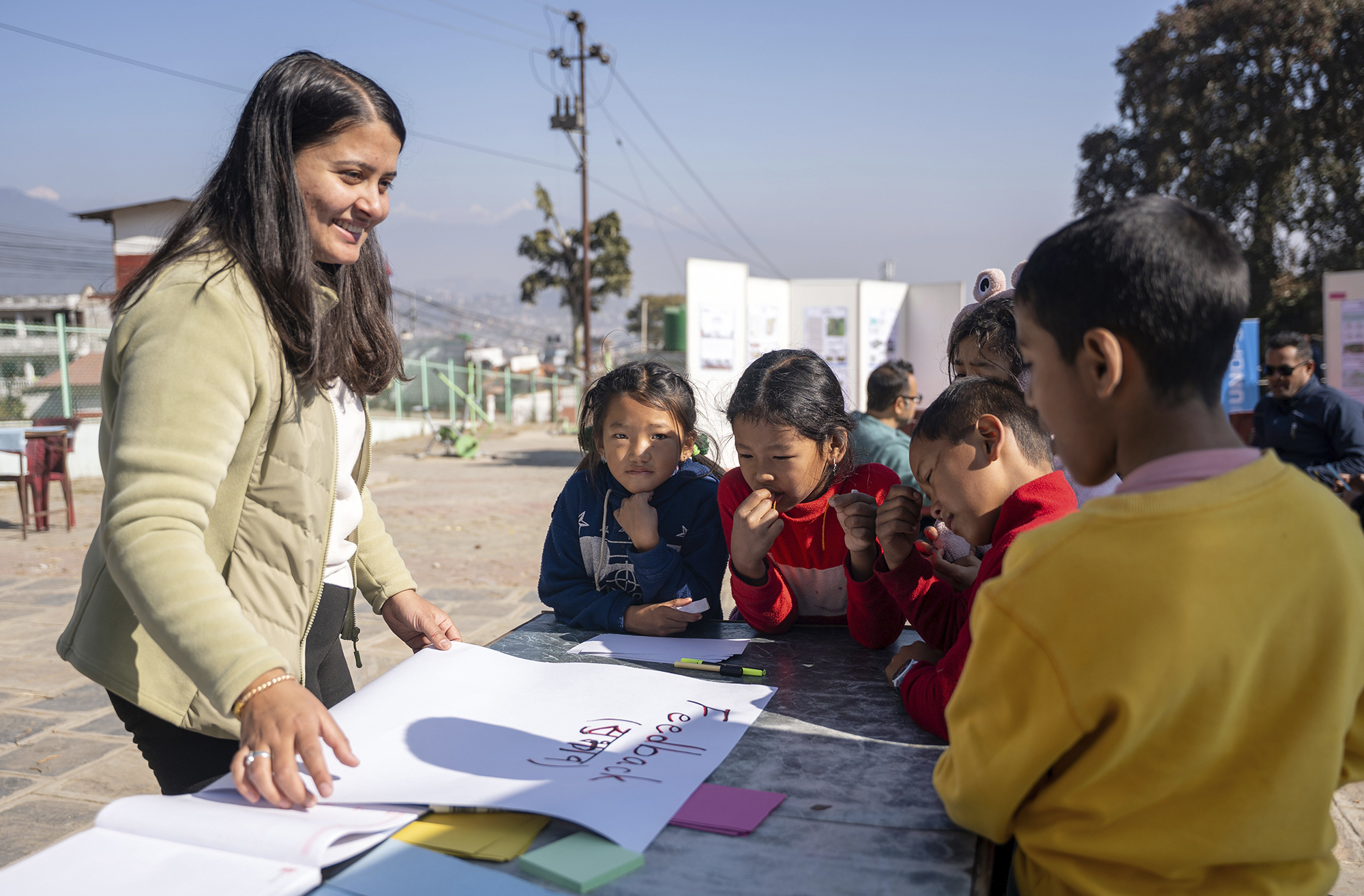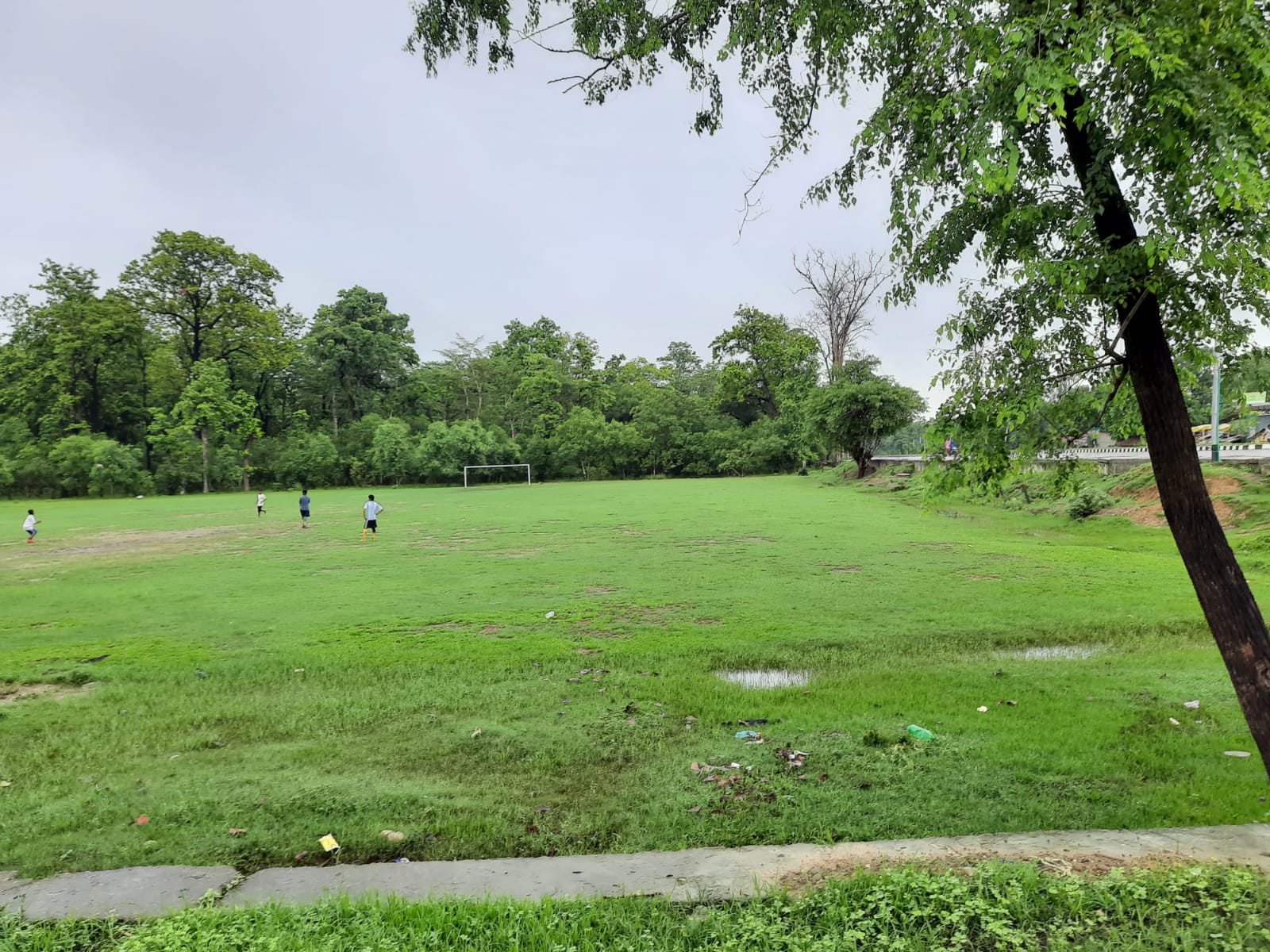During the second week of May, a high-level delegation from Jamaica, including government and community leaders, travelled to Brazil for a learning exchange on urban management and integrated community development organised by Cities Alliance and the World Bank.
Led by the Jamaica Social Investment Fund agency together with representatives from the Community Development Committee of Retirement Neighbourhoods, the Housing Agency of Jamaica, and the Planning Institute of Jamaica, the delegation visited upgraded informal settlements in the Brazilian cities of São Bernardo do Campo and Salvador to learn how national urban policies are implemented at the local level through concerted partnership and collaboration efforts.
The exchange was a result of collaboration between the Cities Alliance and the World Bank, which is currently supporting the implementation of infrastructure and social works in 18 informal settlements in Jamaica. The World Bank’s Integrated Community Development Project, which benefits around 90,000 people, tackles issues such as crime and violence, lack of appropriate infrastructure, overcrowding (internal migration), high levels of unemployment, poverty, lack of integrated development, sectoral policies, climate change.
The exchange began with a workshop at the Cities Alliance São Paulo office, where participants learned about the recent evolution of housing and urban policies, institutions and legal framework in Brazil. Sixteen years after the legislation called “The City Statute”, one of the most progressive pieces of urban legislation in the world, Brazilian representatives shared with their Jamaican counterparts how the “right to the city” concept was incorporated in large-scale public policies and how it impacted the lives of millions of families living in slums and precarious conditions.
During visits to São Bernardo and Salvador, the Jamaican delegation learned about projects funded and supported by both the Cities Alliance and the World Bank. Both institutions have a long history of fostering innovation and the institutionalisation of public policies for slum upgrading in Brazil, through pilot interventions, policy design, capacity building and partnerships. Other international development agencies, such as UN-Habitat and the Inter-American Development Bank (IDB), have also played an important role in building a public culture in Brazil that recognises the social, economic and environmental dimensions of informal settlements within a city.
The learning exchange provided valuable inputs for improving the execution of current investments and for leveraging integrated investments and policies in Jamaica – experiences that will be critical as Jamaica develops its national urban framework to better achieve the Sustainable Development Goals and incorporate the principles of the New Urban Agenda.
The Jamaican delegation was particularly impacted by the social and participatory approach of these physical urban and housing interventions, the principle of having people at the centre, and the concerted efforts to promote social mobility and effective inclusion across various levels of government and stakeholders.
Several aspects of the policies implemented in Brazil are still far from the current policy framework and realities in Jamaica. Examples include Brazil’s robust land regularization laws and the integrated investment model to improve impoverished informal settlements, including high subsidies for housing and several exemptions to regularise informal land tenure with a social perspective.
In the case of Brazil, these urban policies are not based on mere cost-recovery for service provision. Instead, they focus on the overall longer-term impact for economic and social development, complemented by immediate opportunities for employment creation. And while there is solid recognition of private property in Brazil, there is also a broader perspective on the need to align collective and private interests to enable the social function of land.
It remains to be determined whether Brazil’s experiences will be feasible and adequate for the Jamaican context. The Jamaican delegation will share the results of the exchange with various institutions and, hopefully, start an internal debate in the country that will lead to potential policy improvements. Cities Alliance and the World Bank are ready to sustain the connection and provide assistance for further policy development in Jamaica.
The Brazilian hosts included local and national government agencies, communities, NGOs, universities, and the private sector on the front lines of implementation: CONDER (Housing Agency, State Government of Bahia), Municipality of São Bernardo do Campo, AVSI Foundation, the Federal University of ABC, and community organisations as well as slum dwellers. They reinforced that development of informal and impoverished urban areas can only happen through strong partnerships at all points in the process – from mapping and diagnostics, through planning and execution, framing policies, investment programmes and laws.
The delegation visited the following settlements: Sítio Bom Jesus and Três Marias in São Bernardo do Campo, Sussuarana, São Bartolomeu, Mangueira and Alagados in Salvador. Presentations were provided by urban professionals and experts, including Tereza Herling, former Joint Secretary for Urban Development City of São Paulo; Tássia Regino, former Secretary of Housing City of São Bernardo do Campo; Daniel Montandon, former Director of Zoning and Planning – City of São Paulo; Patryck Carvalho, CAIXA; Prof. Rosana Denaldi, Professor at Universidade Federal do ABC; Mariana Estevão, Habitat for Humanity Brazil; Fabrizio Pelicelli, Director AVSI Foundation Brazil; Regina Monteiro, State Government of Bahia; and Emanuela Monteiro, the World Bank.




